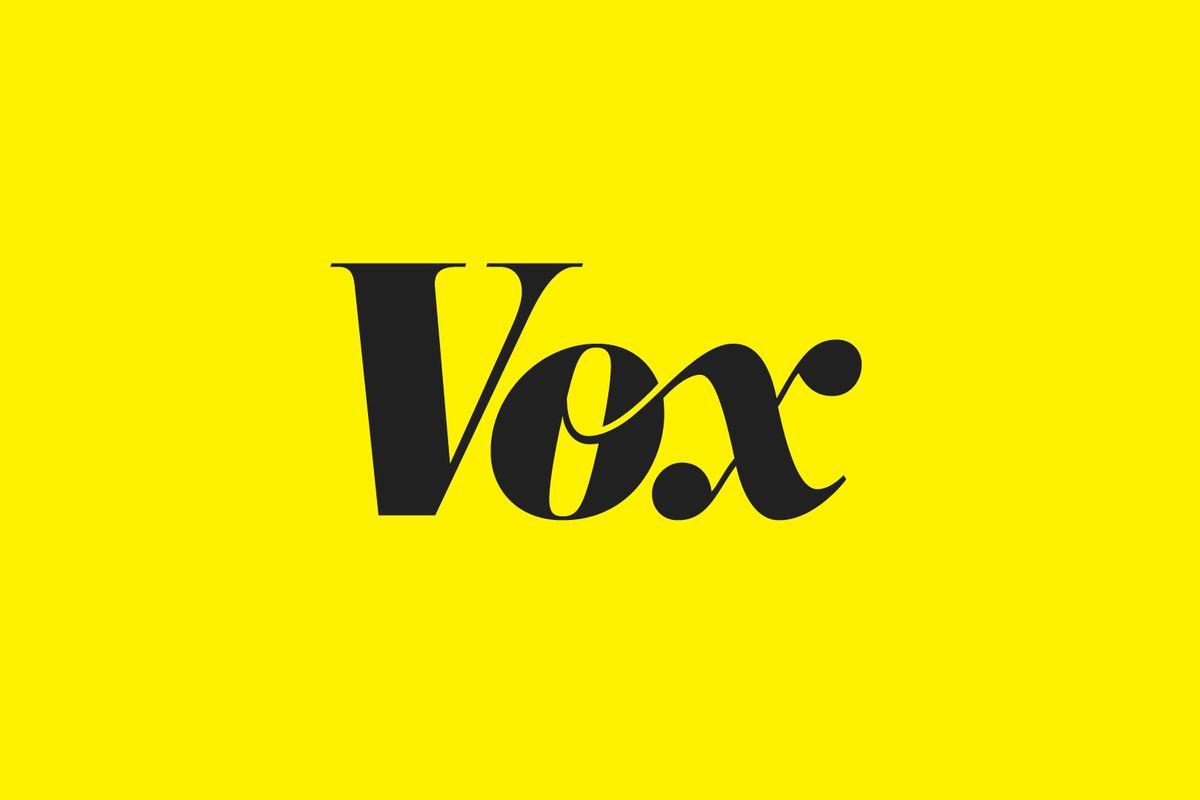On Monday, Facebook revealed a plan aimed at getting 50 million people vaccinated, the latest in a string of efforts by the social media company to combat the Covid-19 pandemic and the misinformation that has thrived on its platform. The campaign follows years of criticism directed at Facebook for not doing enough to fight the dangers of the anti-vaccination movement.
First announced in a post by CEO Mark Zuckerberg, Facebook’s plans include launching a tool to help people find and make appointments with local vaccination sites, amplifying credible vaccination information from health officials, and adding labels to posts about the coronavirus that point people to information from the World Health Organization. The company is also expanding official WhatsApp chatbots to help people register for vaccines, and offering new stickers on Instagram “so people can inspire others to get vaccinated.” (WhatsApp and Instagram are owned by Facebook.)
Anti-vaccination rhetoric has flourished for years on the platform, which provided a safe space for vaccine-misinformation groups and even recommended such groups to users. And a lot of the content that pushes vaccine hesitancy wouldn’t be considered misinformation, but rather opinion, so Facebook’s guidelines wouldn’t ban it, according to David Broniatowski, a George Washington University professor who researches anti-vaccination communities.
“People who oppose vaccinations aren’t primarily making arguments based on science or facts, but on values like freedom of choice or civil liberties,” Broniatowski told Recode. “They’re opinions, but very corrosive opinions.”


